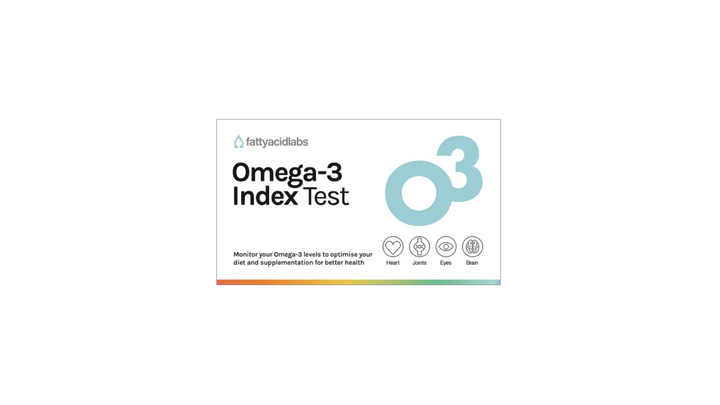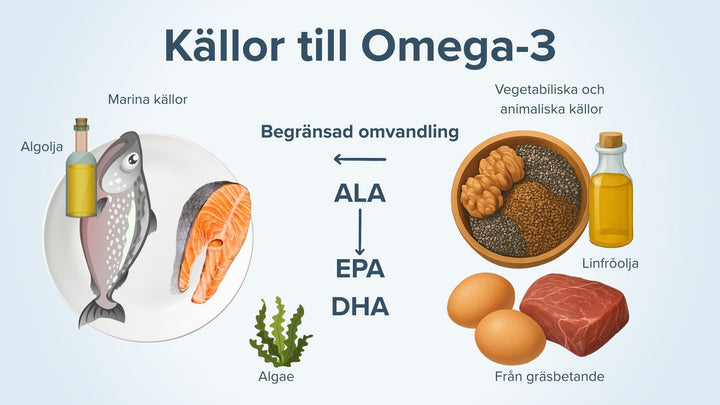
Can Omega-3 help the body cope with everyday stress?
In a world full of decision fatigue and constant notifications, it's easy to feel overwhelmed. B...
0 SEK
LABORATORY TESTED
World-Class Omega-3
FREE SHIPPING🚚
We put quality and safety first. All our products undergo rigorous testing and certification.

In a world full of decision fatigue and constant notifications, it's easy to feel overwhelmed. B...

Your Omega-3 Index can reveal whether you are at high risk for heart disease – and what you can ...

New research shows that omega-3 supplements do not increase the risk of bleeding – not even duri...

💡 Summary DHA is not only important for brain development – it plays a continuing role throu...


Omega-3 for Men: A Powerful Ally for Fertility and Reproductive Health Omega-3 fatty acids, es...

The blog post explains why Omega-3 is an important dietary supplement for dogs. Since dogs canno...

Omega-3 fatty acids can improve women's fertility by supporting egg quality, hormone balance and...




Subscribe to our newsletter. We only send useful tips and good facts about Omega-3. No spam.
By subscribing you agree to our privacy policy*
Customer service
Popularly
ArcticMed
Our goal is to contribute to improved health and well-being by offering sustainable and high-quality products that support a balanced lifestyle.
